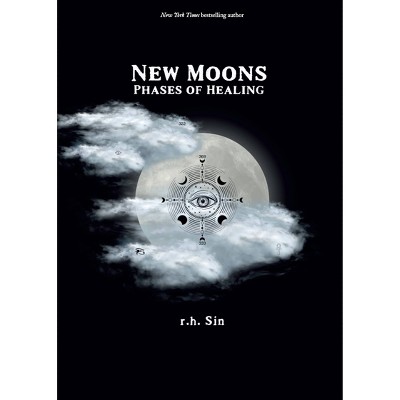Martin Buber's Journey to Presence - (Abrahamic Dialogues) by Phil Huston (Hardcover)

About this item
Highlights
- What does Martin Buber mean, in I and Thou, by the claim that the one thing that matters is full acceptance of presence?
- About the Author: PHIL HUSTON has been a Lecturer in Philosophy at The Milltown Institute for the last ten years.
- 288 Pages
- Philosophy, Religious
- Series Name: Abrahamic Dialogues
Description
About the Book
What does Martin Buber mean, in I and Thou, by the claim that the one thing that matters is full acceptance of presence? In a journey of exploration through Buber's early writings, especially his first major philosophical work, Daniel: Dialogues in Realization, Huston seeks to clarify Buber's predialogical concept of God. Buber's desire for presence, she finds, began with an overwhelming experience of absence, a search for a presence that will not let him down, that will not be a mis-encounter.This book is an invaluable guide to Buber's early writings. It will help readers to understand the rich depth and many layers of thought in Buber's masterpiece, I and Thou, and to appreciate the radical change that tookplace in Buber's concept of God prior to its publication in 1923.Book Synopsis
What does Martin Buber mean, in I and Thou, by the claim that the one thing that matters is full acceptance of presence? An attempt to answer this question led the author on a journey of exploration through Buber's early writings, to reach a clarification of Buber's predialogical concept of God. She examines Buber's first major philosophical work: Daniel: Dialogues in Realization, drawing attention to inaccuracies in the available English translation. Buber's desire for presence, she finds, began with an overwhelming experience of absence. His search is for a presence that will not let him down, that will not be a "mis-encounter"--that is, for a presence that will ensure that there is meaning.
This book will be an invaluable text for the student looking for a readable guide to Buber's early writings. It will help readers to understand the rich depth and many layers of thought in Buber's masterpiece, I and Thou, and to appreciate the radical change that took place in Buber's concept of God prior to its publication in 1923.Review Quotes
Focuses on Buber's 1913 work Daniel: Dialogues in Realization in a study of the philosopher and theologian's idea of presence.-- "--The Chronicle of Higher Education"
This is a thoughtful study of Martin Buber's early philosophical work.-- "--Choice"
A rare insight into Martin Buber's personal struggle with the question: 'What sort of a God do I believe in?'-----William Mathews, Centre of Philosophy, Milltown Institute
An excellent key to unlocking all of Martin Buber's later work.-----Brendan Purcell, University College Dublin
About the Author
PHIL HUSTON has been a Lecturer in Philosophy at The Milltown Institute for the last ten years. She obtained her doctorate at University College, Dublin.









